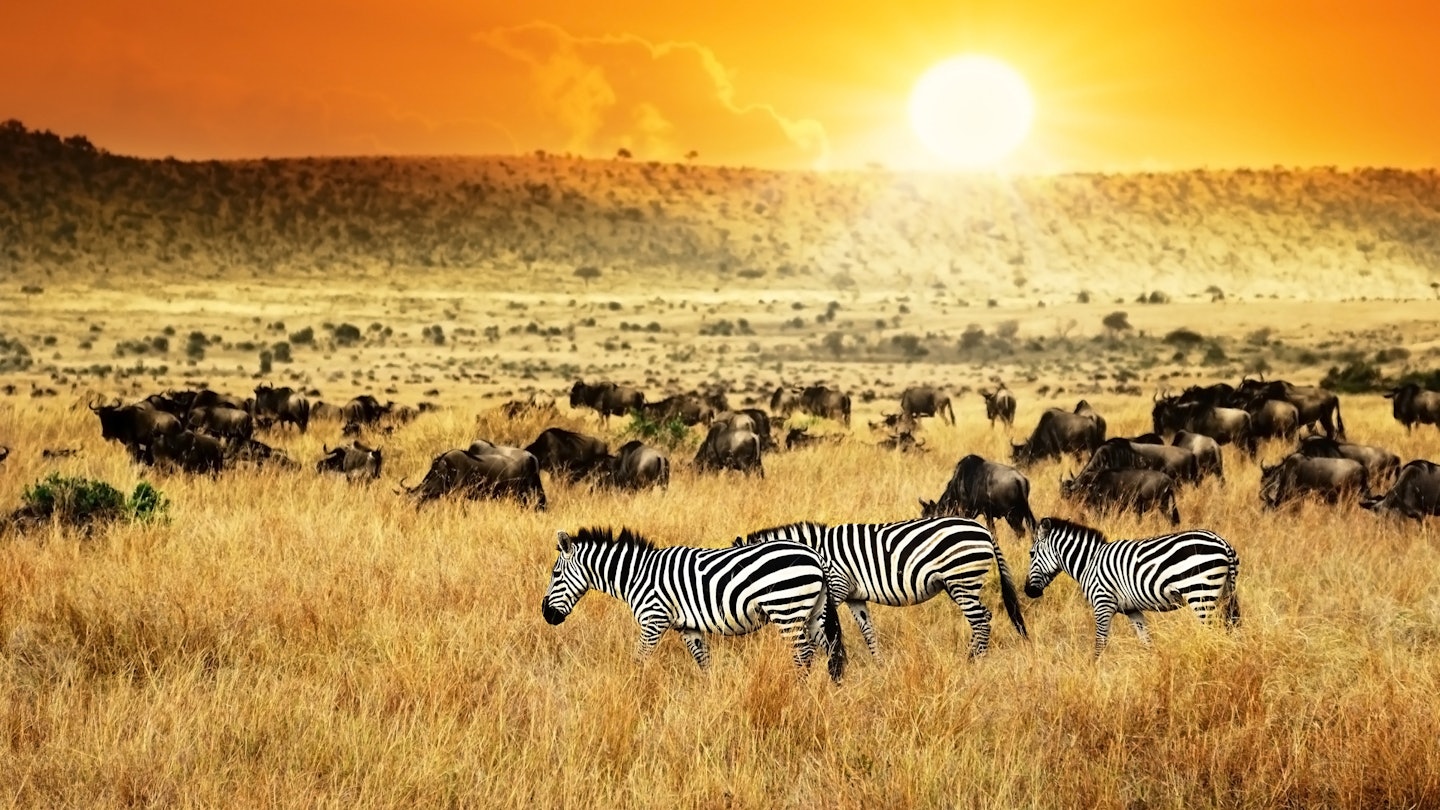
Kenya is preparing to restart tourism from August 1 ©Shutterstock
Kenya is preparing to welcome tourists back next month and ease travel restrictions throughout the country with the return of international flights in August.
In a statement issued last week, Kenya's president, Uhuru Kenyatta said international flights would resume from August 1 and domestic flights from July 15 as the country prepares to claw back vital income from its tourism industry. "We have reached a reasonable level of preparedness across the country to allow us to reopen," he said, while stressing that the easing of travel restrictions depends on the decline of transmission rates. "Any trends that signal a worsening of the pandemic, we will have no choice but to return to the lockdown."
After four months of lockdown, it's hoped that the cautious return to tourism will provide a lifeline for the country's wildlife conservation programs, which have been struggling to survive without tourism generated income. Normally at this time of year, thousands of tourists flock to Kenya to witness the annual Great Migration (when more than a million wildebeest and zebra cross the Mara River from the Serengeti into the Masai Mara) but tourism bookings related to key events like this have been wiped clean off the board. Speaking to the Guardian, Dickson Kaelo, chief executive officer at Kenya Wildlife Conservancies Association, explained that the lack of tourism revenue could lead to a rice in poaching.
The wildlife conservation efforts that are saving Amboseli's safari riches

"Members of these communities may lose faith in wildlife conservation if there is no money forthcoming," he said. "In addition, people who live around these wildlife havens and looked forward to selling artifacts to tourists may resort to other income-generating activities such as farming, fuelling the never-ending human-wildlife conflicts as animals invade and destroy their new farms."
As Kenya prepares to open its borders again, the Ministry of Tourism and Wildlife has announced it will offer reduced entry fees to all Kenya Wildlife Service game parks and reserves for a year from July 1. The new rates can be viewed here.
You might also like:
How to find an ethical wildlife conservation project
'A sight that makes us marvel at nature' - rare zonkey born in Kenyan national park





